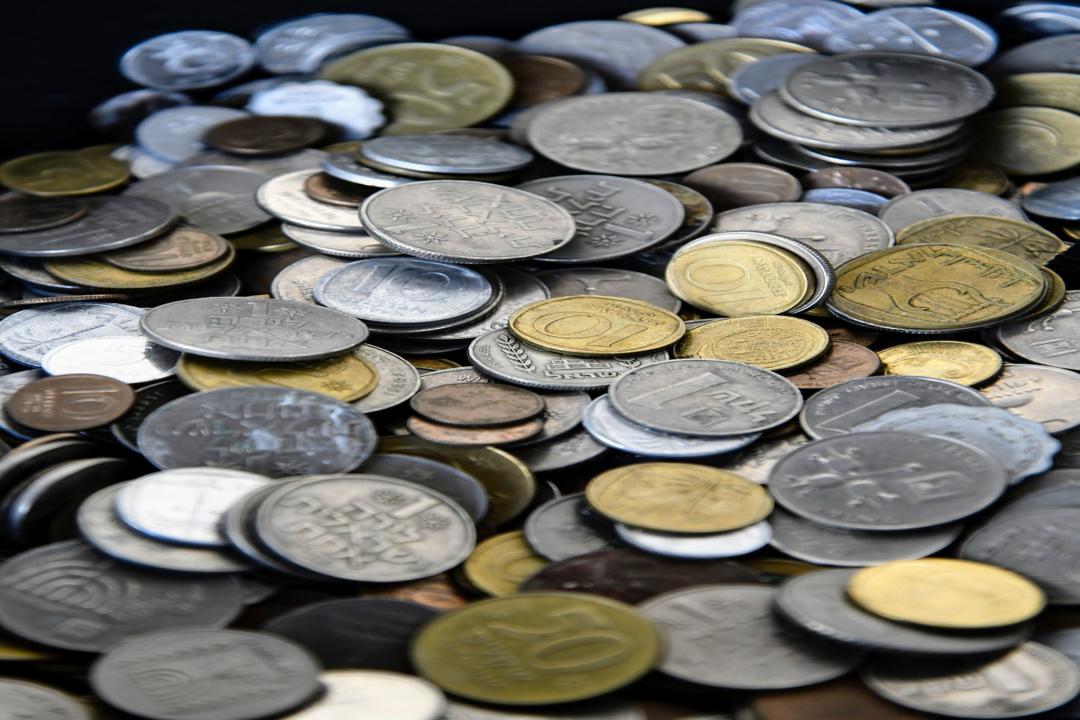In a blog post on March 13, crypto exchange Binance revealed its extensive collaboration with Nigerian authorities in response to recent complications surrounding its operations in the country.
Binance highlighted that its relationship with authorities was much more positive a few months ago. In August 2023, the exchange conducted two full-day sessions with officials from the Economic and Financial Crimes Commission (EFCC) in Abuja and Lagos, with over 30 investigators attending each session.
These sessions aimed to train investigators in tracking money on the blockchain using both public and commercial tools. Binance also presented several case studies, including ones involving Nigerian suspects. The Nigerian investigators were highly receptive to this cooperation and expressed a strong interest in continuing.
Furthermore, Binance responded to 626 information requests from Nigerian law enforcement agencies between June 2020 and February 2024, with an average response time of 37.4 hours. This support was provided to investigations conducted by the Nigeria Police Force, EFCC, and INTERPOL Nigeria.
Binance’s blog post was published in response to allegations made by the local government accusing the company of manipulating the national currency, the Nigerian naira (NGN), and contributing to the country’s economic challenges. The government called for a ban on all crypto exchanges operating in Nigeria.
The Central Bank of Nigeria (CBN) also expressed concerns about suspicious financial flows through Binance Nigeria, estimating that $26 billion had passed through the exchange in 2023 from unidentified users and sources.
As a result of increased scrutiny, Binance’s relationship with the local government underwent a significant change, leading to the detention of two senior executives on February 26. In addition, Binance removed all Nigerian Naira trading pairs from its peer-to-peer service during this crackdown.
Nigeria is known as one of the fastest-growing crypto economies globally and ranked second in global crypto adoption in 2023. However, the naira faced significant volatility last year due to economic instability and low investor confidence. According to Reuters, the naira experienced a 36% decline on the official market in June 2023 after President Bola Tinubu lifted trading restrictions and suspended Nigeria’s central bank governor, Godwin Emefiele.
Magazine: Deposit risk: How do crypto exchanges handle your funds?

